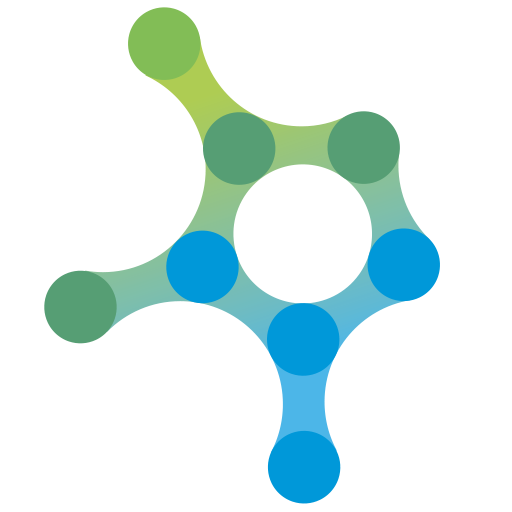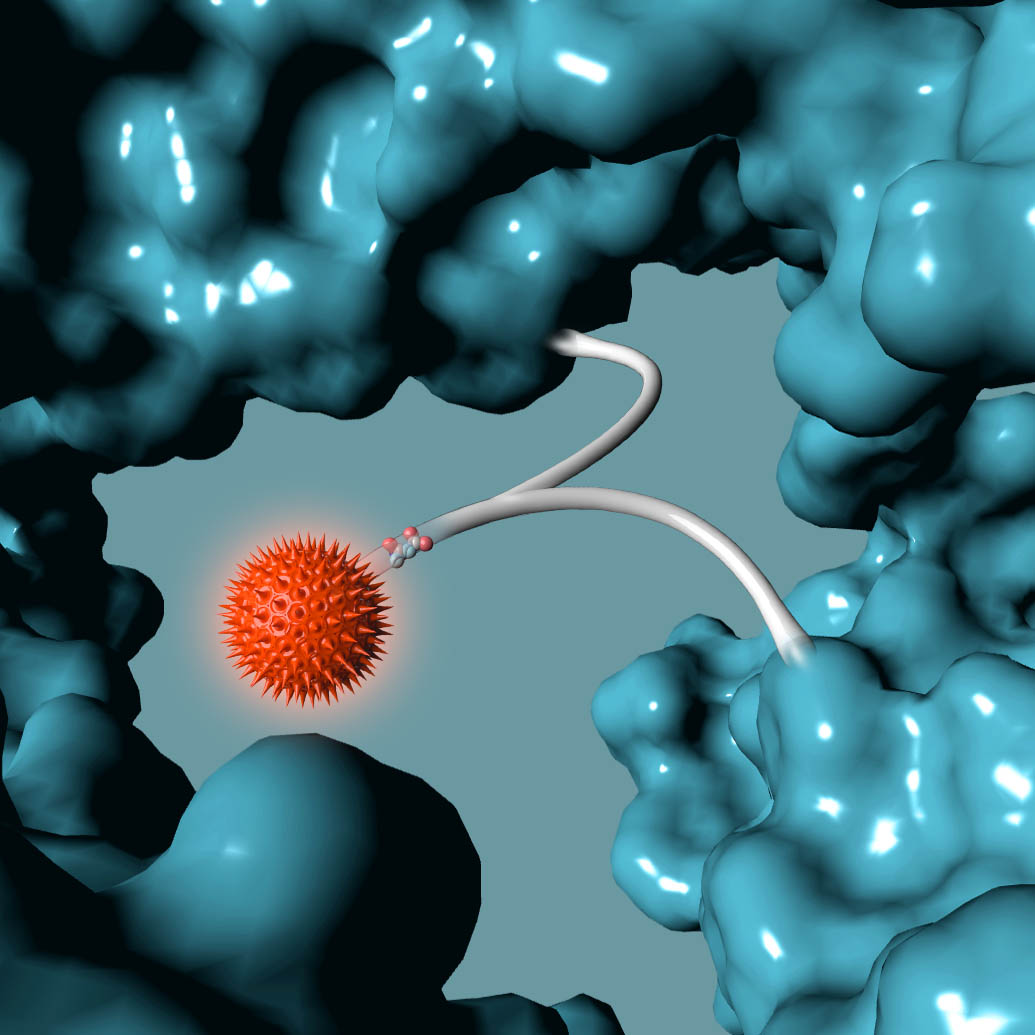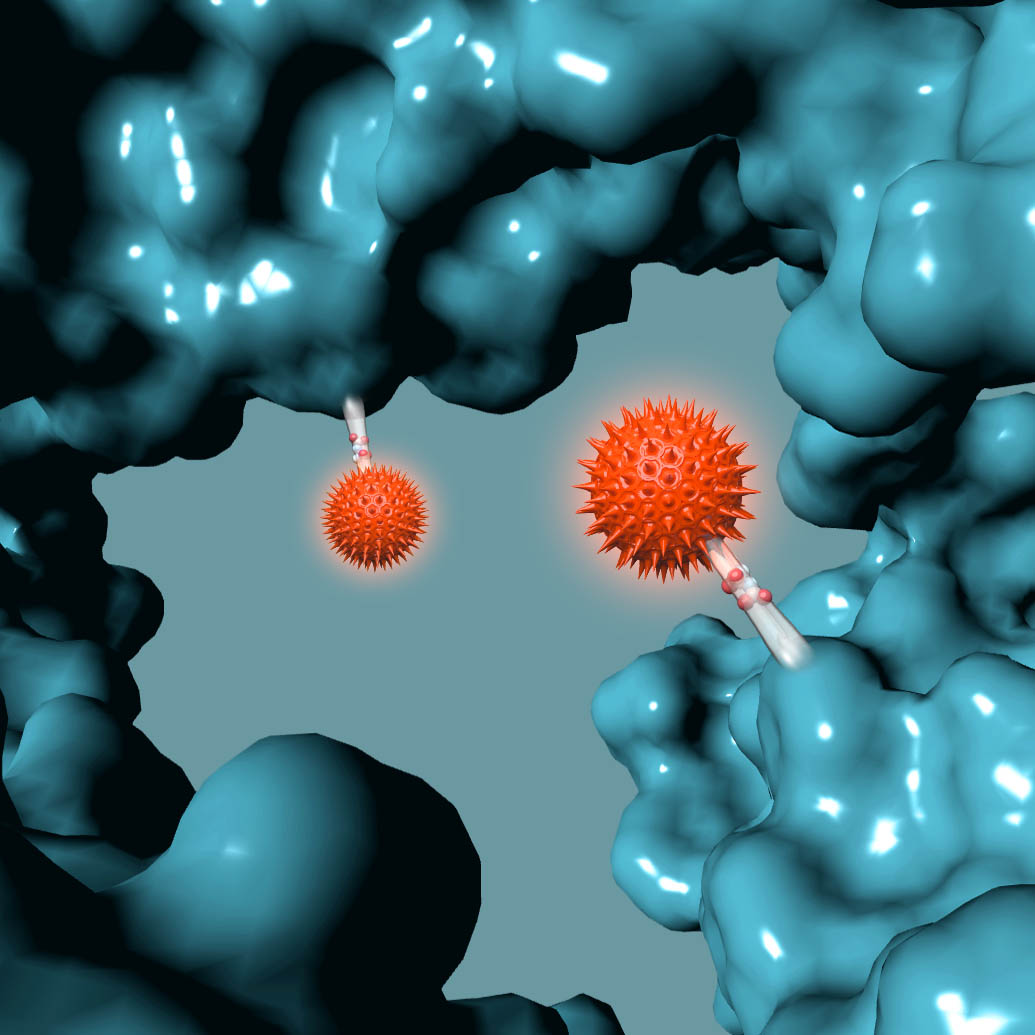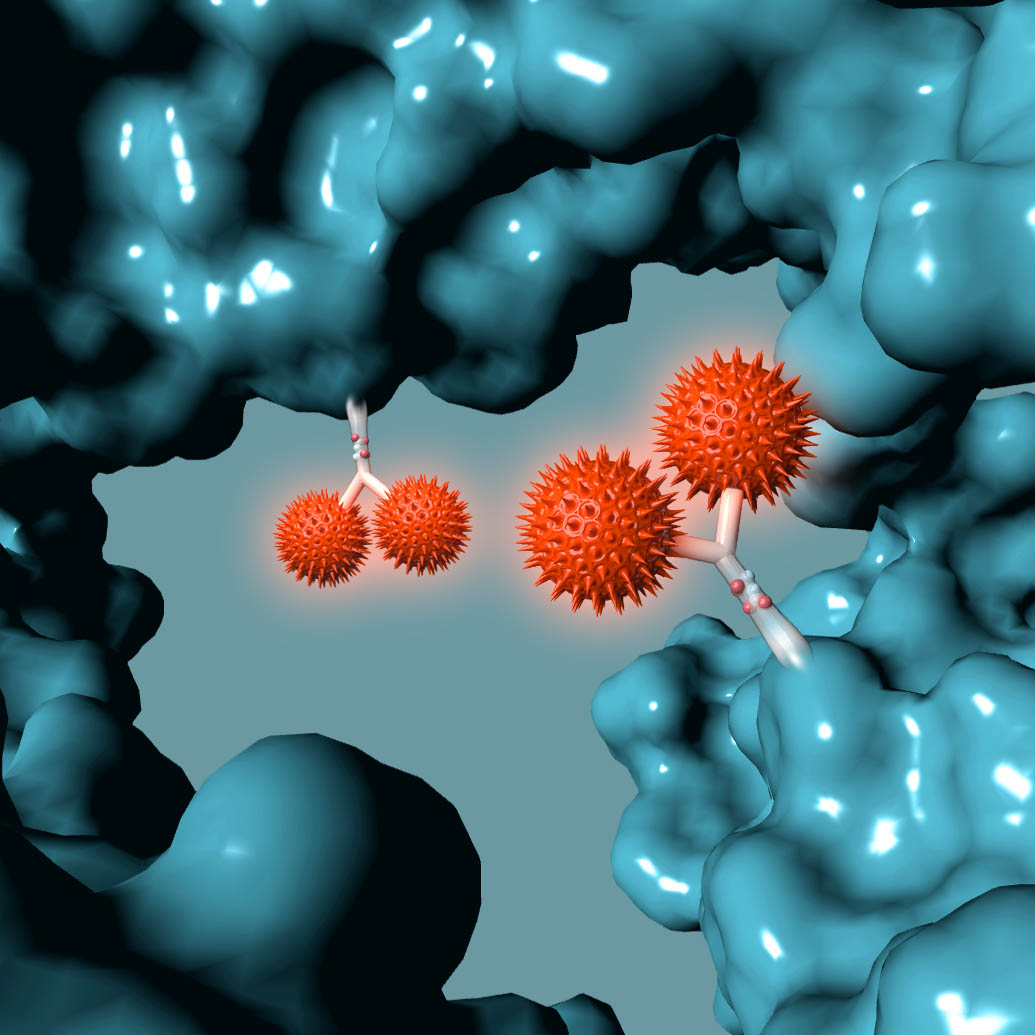About
Dr. Boehm is managing director of the life-science startup company Novomol. Prior to this, he worked for more than 20 years at Roche. Dr. Boehm served in various positions across the organization including Global Head of Small Molecule Research, President and Research Site Head of Roche Palo Alto as well as Head of Non-Clinical Development at Roche Basel. Before joining Roche in 1996, Dr. Boehm held positions with BASF in Ludwigshafen as a Computational Chemist and with Siemens in Munich, in the field of Microelectronics. He obtained his Ph.D. in Theoretical Chemistry from the University of Karlsruhe and currently serves as an Adjunct Professor of Bioinformatics at the University of Basel. Dr. Boehm is also a member of the Swiss Science Council which is the SAB for the Swiss Federal Council.
Dr. Chin is a pioneer in the field of protein engineering using non-natural amino acids, an approach that facilitates site-specific modification and enhancement of biologics. He is Professor of Chemistry & Chemical Biology at the University of Cambridge. Dr. Chin also serves as the Program Leader at the Medical Research Council Laboratory of Molecular Biology (MRC-LMB) at Cambridge as well as the Head of the Centre for Chemical & Synthetic Biology (CCSB). Dr. Chin joined Cambridge in 2003 and has since been the recipient of several awards including the Francis Crick Prize from the Royal Society, the Corday Morgan Prize, the European Molecular Biology Organization’s (EMBO) Gold Medal as well as the inaugural Louis-Jeantet Young Investigator Career Award. In 2013 he was inducted into the European Inventor Hall of Fame by the European Patent Office. Dr. Chin obtained his Ph.D. from Yale University and has published over 90 peer-reviewed publications.
Over the course of his career, Dr. Gianni has worked extensively on new drug development in the field of oncology. Since 1995 he has been focused on clinical and translational research for women with breast cancer. From January 1996, Dr. Luca Gianni served as Chairman and Coordinator of European Cooperative Trials in women with Operable Breast Cancer involving several hospitals and cancer Institutions in across Europe. In 2011, ASCO awarded him the Gianni Bonadonna Breast Cancer Award for his achievements in advancing the field of breast cancer research. His involvement in new drug development has spanned the design and execution of Phase I and Phase II clinical trials using antibody-based therapeutics as well as small molecules. Dr. Gianni obtained his M.D. from the State University of Milan and has published over 200 articles in peer-reviewed journals.
Dr. Lambert joined ImmunoGen Inc. in 1987 and played an important role in translating the technology of ImmunoGen into antibody-drug conjugate (ADC) clinical development programs. These efforts ultimately led to Kadcyla®, one of the first ADCs that was approved by the FDA as well as many additional ADC programs that continue to be developed by ImmunoGen and its partners. He is the author/co-author of more than 125 peer-reviewed scientific publications. In 2016, Dr. Lambert was elected as a Fellow of the American Institute for Medical and Biological Engineering (AIMBE). Prior to joining ImmunoGen, he served as Assistant Professor of Pathology at the Dana-Farber Cancer Institute of the Harvard Medical School. Dr. Lambert holds a PhD in Biochemistry from University of Cambridge in England and completed his postdoctoral work at the University of California at Davis and Glasgow University in Scotland.
George W. Sledge, M.D., is Professor and Chief of Medical Oncology at Stanford University Medical Center. He specializes in the study and treatment of breast cancer and directed the first large, nationwide study on the use of paclitaxel to treat advanced breast cancer. His recent research focuses on novel biologic treatments for breast cancer. He has published over 290 scientific articles spanning both laboratory and clinic.
Dr. Sledge serves as Editor-in-Chief of Clinical Breast Cancer, and is Past President of the American Society of Clinical Oncology. He served as chair of the Breast Committee of the Eastern Cooperative Oncology Group from 2002 – 2009, where he led the development of nationwide clinical trials. Dr. Sledge was awarded the Hope Funds for Cancer Research 2013 Award of ‘Excellence for Medicine’, and was also the recipient of the 2006 Brinker Award for Scientific Distinction, the 2007 Breast Cancer Research Foundation’s Jill Rose Award and the 2010 William L. McGuire Award from the San Antonio Breast Cancer Symposium.
